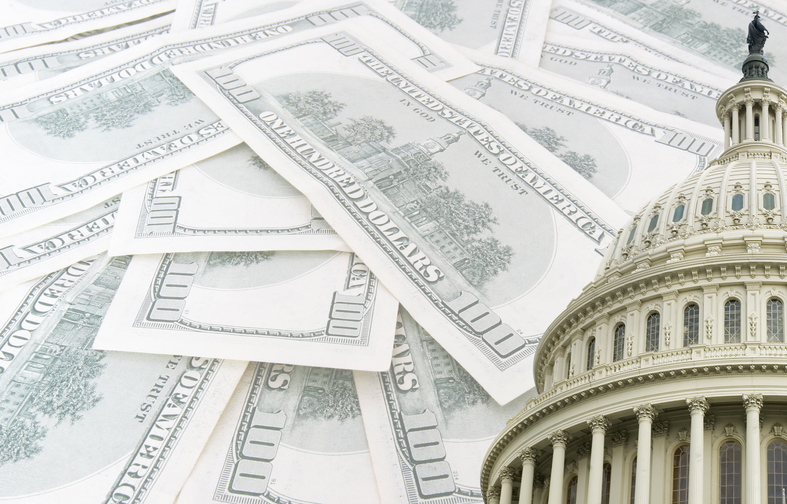All politics is local, or at least that’s what we’ve been told.
But what if elections for state office were financed by national organizations and not local people or the candidates themselves? What if, after the election, state representatives, state senators and governors pursued an agenda that was cooked up by the same national groups who would not only pick the issues, but also supply “model legislation” and policy research?
That would make all politics national, and that’s the direction in which Maine is headed, thanks to a string of Supreme Court decisions that have radically changed the way that political campaigns are financed.
In 2012, more money was spent by “independent” groups than the campaigns of the candidates themselves in many cases. In one race, it was 11 times as much. It is impossible to say with precision where all of that money came from because the Citizens United decision of 2010 allows corporations, labor unions and individuals to donate without limit to groups that can, in turn, pour money into organizations that buy ads and deliver a message.
If the voters hear anything at all about where the money came from, it may be nothing more than an organization with an innocuous-sounding name like American Bridge 21st Century or Center to Protect Patients Rights.
Those groups, bankrolled by liberal George Soros and probably the hard-right Koch brothers respectively, donated money that found its way into the 2012 state Senate race in Bangor between challenger (now senator) Geoffrey Gratwick, a Democrat, and then-Sen. Nichi Farnham, a Republican, in the Senate District 32 race last year.
These findings were assembled by Maine Citizens for Clean Elections in the latest installment of its “Money in Politics” project, which was released Monday. It is a thorough examination of the role of “dark money” in our elections, and it is enlightening as much for what it can’t tell us as what it does say. In 2012, outside groups spent $452,635 on the District 32 race, making it the most expensive in state history. But while we know how much was spent, we will never know who spent it all because it much of it passed through different organizations that are not required to disclose donors.
This matters, not just for the outcome of an election, but also for what comes after.
The voters may not know what’s behind a group that spends independently, but it’s a safe bet that the office holders know where the money came from. These out-of-state groups are not investing in Maine elections just because they like our rocky coast: The ability to influence the make-up of a state Legislature can move national issues forward one state at a time.
This is one area in our divided politics where there is no partisan divide. Republicans and Democrats both receive the benefit of “dark money” organizations that spend to influence voters. (S. Donald Sussman, the majority owner of the Portland Press Herald, Kennebec Journal of Augusta and Morning Sentinel of Waterville, is a leading donor to Democratic candidates and organizations.)
The Supreme Court allows unlimited contributions, but that doesn’t mean voters shouldn’t know who has an interest in the outcome of the election. Disclosure requirements on both the state and national level should shine some light on these “dark money” groups, before our local politics get completely lost in a national agenda.
Send questions/comments to the editors.



Success. Please wait for the page to reload. If the page does not reload within 5 seconds, please refresh the page.
Enter your email and password to access comments.
Hi, to comment on stories you must . This profile is in addition to your subscription and website login.
Already have a commenting profile? .
Invalid username/password.
Please check your email to confirm and complete your registration.
Only subscribers are eligible to post comments. Please subscribe or login first for digital access. Here’s why.
Use the form below to reset your password. When you've submitted your account email, we will send an email with a reset code.